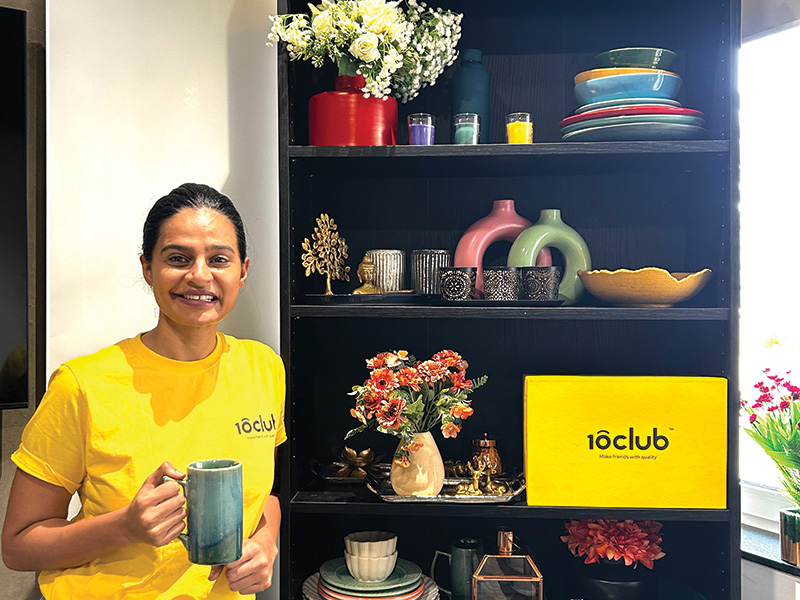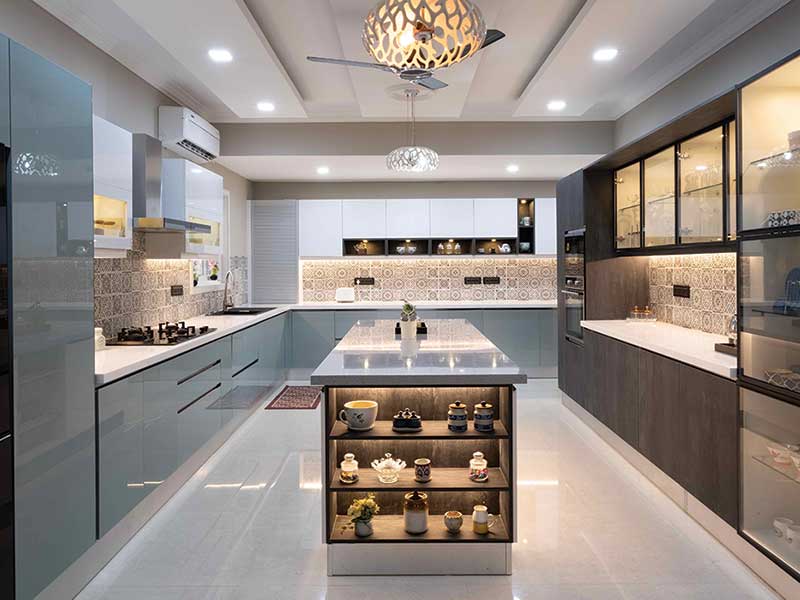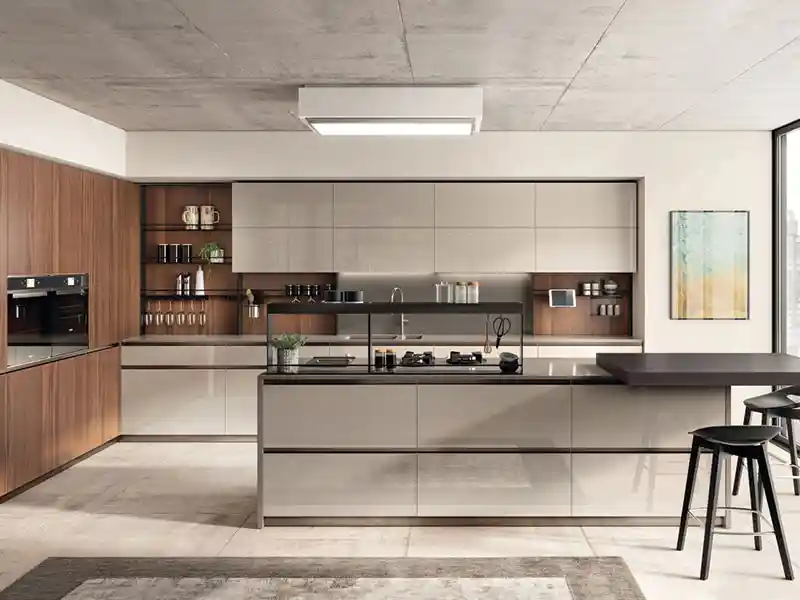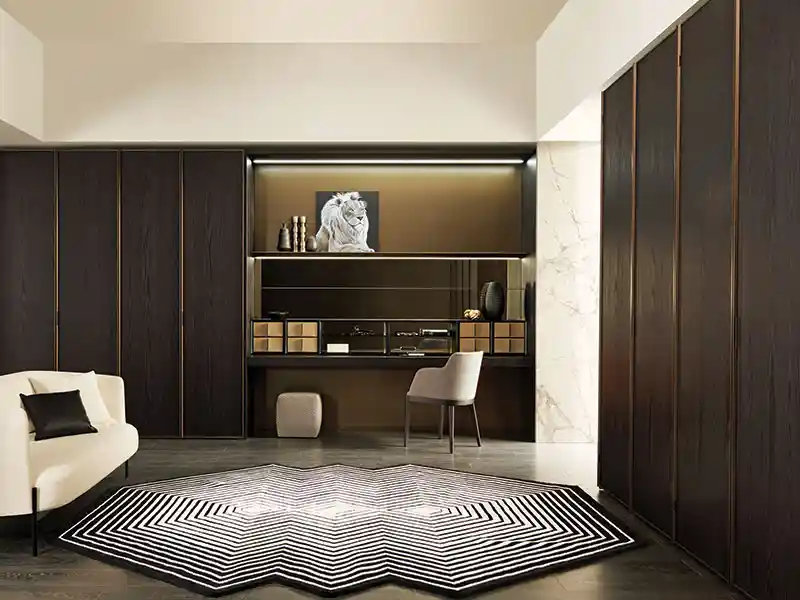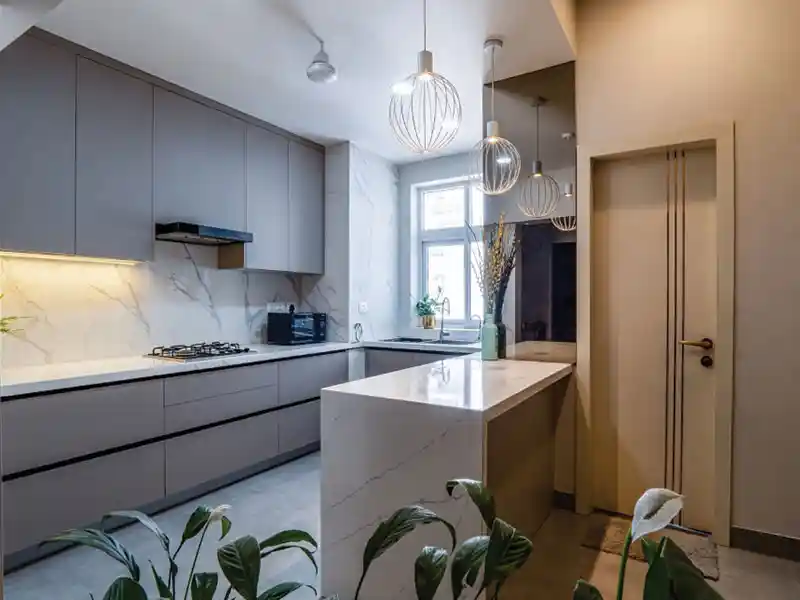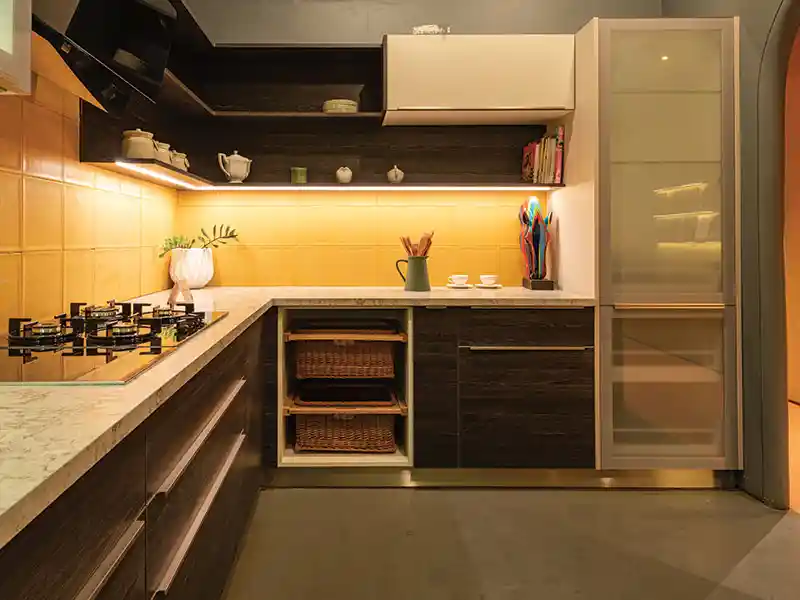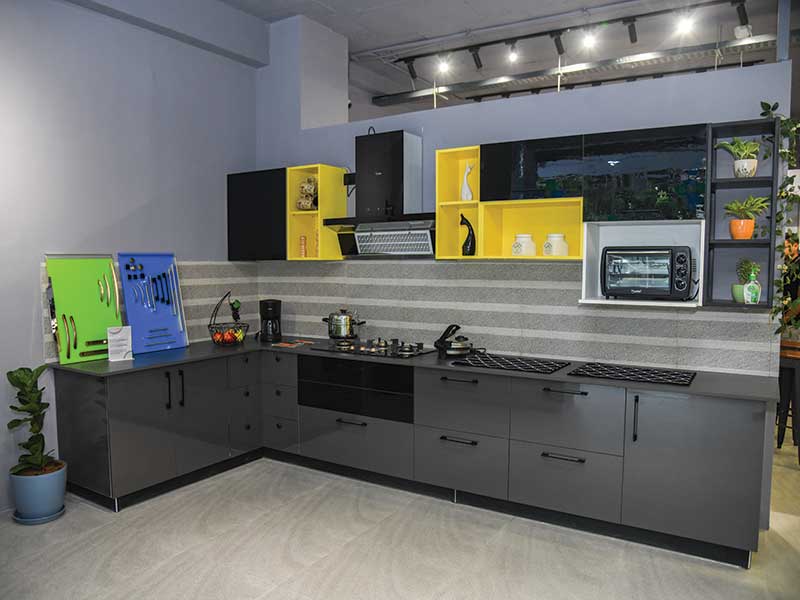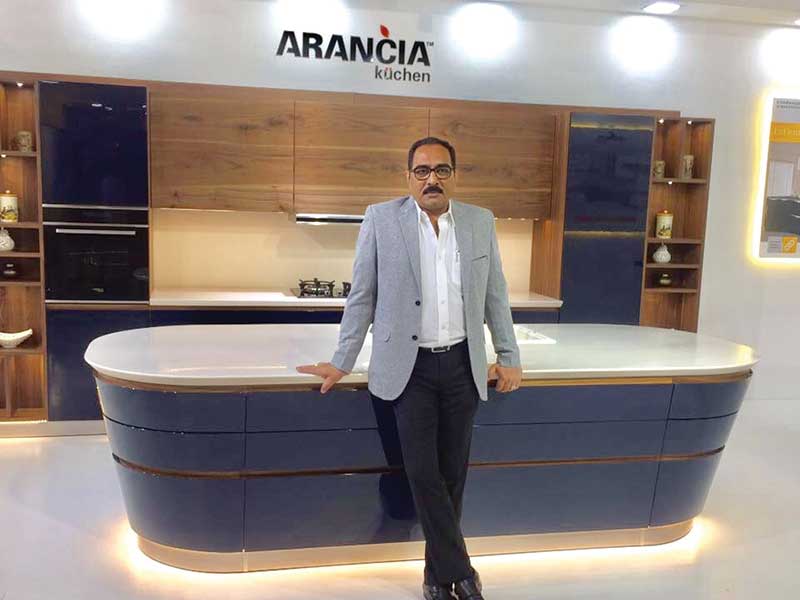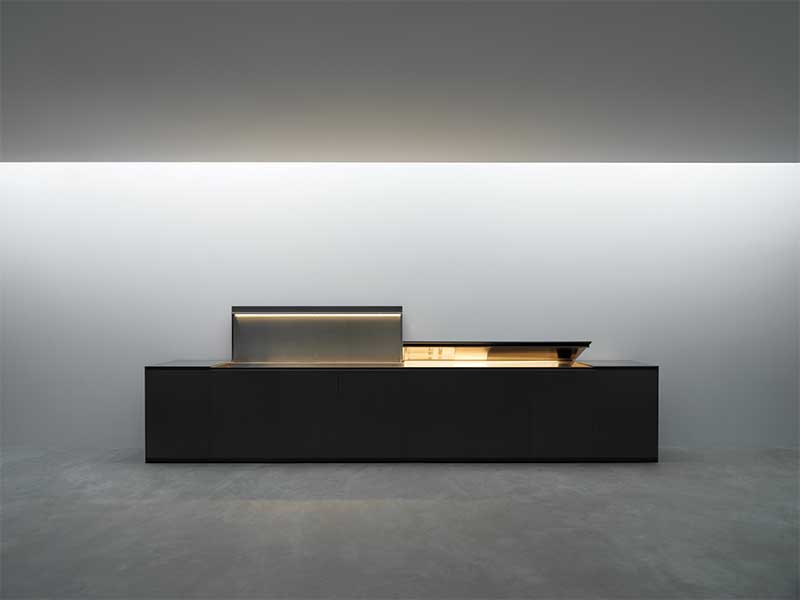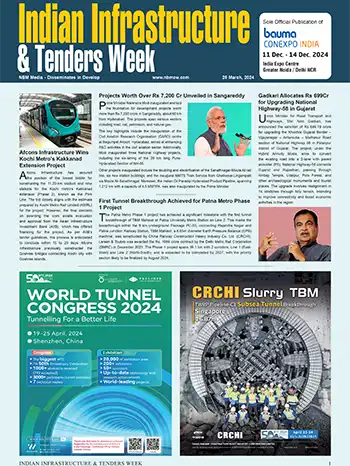
As one of the fastest growing economies in the world, the Indian market has witnessed growth in every sector, including the kitchen and kitchenware industry. In fact, the Indian kitchen market is one of the fastest growing sectors in the country, and is being propelled by rising demand for Modular Kitchens. With an ever increasing urban population and higher disposable income, more and more people are looking to invest in better homes that come with well-fitted, kitchens they can be proud of. Since these kitchens incorporate functional aspects within an aesthetic design, they are a popular choice now with homeowners.
According to reports, the kitchen domain in Indian modular furniture industry is valued at around Rs. 20,000 crore with modular kitchen valued over Rs.2,500 crore within that share. Even if we refute such reports from sources unknown, analytics company BCG Data reports that India accounts for up to 1,75,000 millionaire households - an estimate that has ranked the nation as 15th in the world in this aspect. With an ever-growing economy, this factor has been one of the major growth drivers for the boom in sales of modular kitchens in the subcontinent.
Furthermore, the Indian kitchen industry is currently seeing sales of modular kitchens at over 10,000 units per month. Sales are predicted to scale over 10 times in the next 4 years if they continue to maintain their current year on year growth traction of 50%.
One of the major reasons for this growth is efficiency and ease of work. Modular kitchens incorporate convenience, efficient use of space, and allow for less time-consuming tasks. All of these factors work well for today's fast-paced life, led by most of today's homeowners. With increased demand, there are multiple opportunities for both domestic players and international brands.
Although this market is still in its infancy, it certainly has a massive growth potential. Currently, this industry is fueled by unorganized players that include both local vendors and well-established brands. Since a large percentage of our population comprises of the middle class (that has a high regard for 'value for money'), many people opt for the more affordable services of the local carpenter who designs kitchens based on tried and tested design concepts and/or the requirements of the customer's household. But now, people from all backgrounds are aspiring to live a more contemporary lifestyle, which is compelling them to consider a modular kitchen as well in their home.
However, with new players entering the market, the modular kitchen industry is witnessing a creative boom with multiple designs and ideas to choose from. Since these kitchens are customized based on the requirements of the consumer, various elements can easily be considered at one place: including layout, color scheme, accessories, and appliances. With demand rising for such kitchens, a new sector is slowly disrupting the existing modular furniture industry, viz. Kitchenware and Kitchen Appliances.
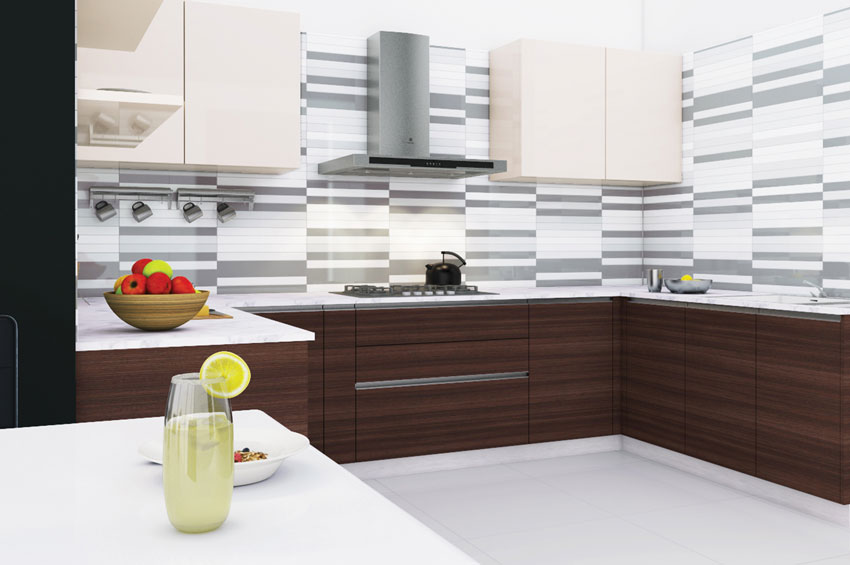
Kitchens account for 40% of the Furniture & Fittings industry. These products are usually focused towards modern houses and apartments that incorporate the latest trends in interior design, furniture, furnishings, etc. Also, many people are gradually shifting to megacities that offer well-furnished houses. Furthermore, the concept of a nuclear family is growing and people are looking for apartment-style homes. This demand is driving the rise of housing projects which now incorporate the latest kitchen fittings including modular kitchens.
Many companies are now offering modular kitchens in various shapes and sizes to their customers. The most popular among them is the L-shaped modular kitchen, which has a large kitchen island, an attached sink on one wall, and space for kitchen appliances and other components.
Keeping up with changing trends is the demand of the hour as well as making such kitchens affordable for the average consumer in an organized manner. Highly priced kitchens can lead them to opt for local services at better prices. Although this sector has its challenges, it is safe to assume for now that with growing trends and rise in income, the modular kitchen industry will keep growing to furnish demands of the millennials, and will gradually see the rise in better and more sophisticated designs – catering to every taste and enabling better standards of living.

